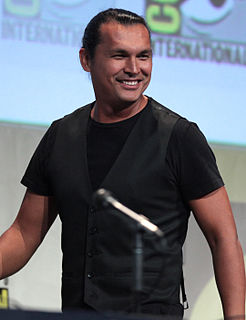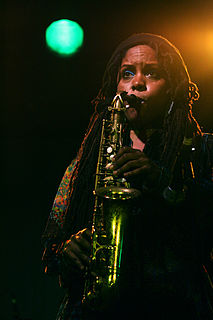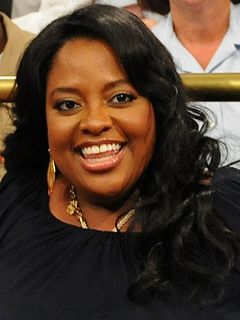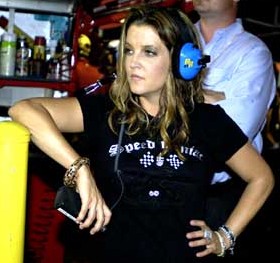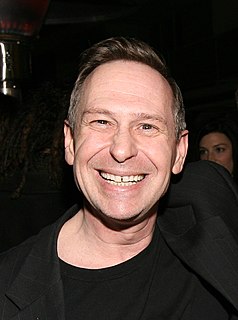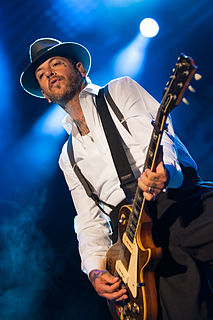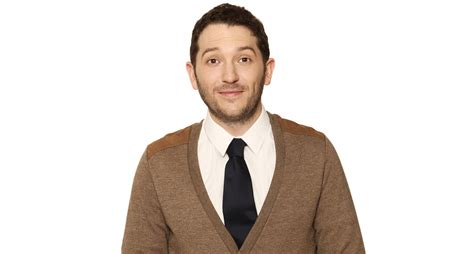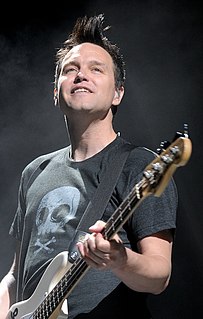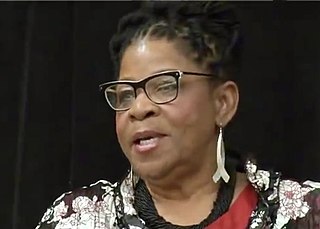A Quote by Robin Williams
Comedy can be a cathartic way to deal with personal trauma.
Related Quotes
We [Americans] have a historical trauma when it comes to the past relationships when it comes to Native Americans and the history of how America was created. With this film, it's nice to see that the trauma is presented from a white male that was in the Civil War and that trauma affects him in a way that still exists.
If we take a hard look at what poverty is, its nature, it's not pretty - it's full of trauma. And we're able to accept trauma with certain groups, like with soldiers, for instance - we understand that they face trauma and that trauma can be connected to things like depression or acts of violence later on in life.
There are those uncomfortable things that've passed that you have to deal with or they define you, like childhood trauma. Like when I'm lost, I just feel like somewhere along the line, if you've gone through any childhood trauma, it makes you lose your essence and it takes a while to get that back. There are certain things about that that push my buttons.

